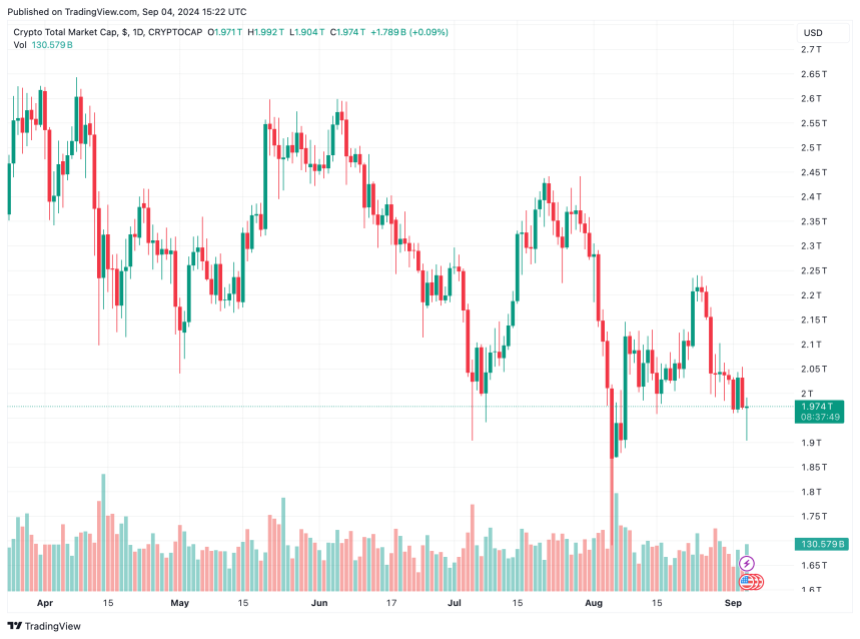This article is also available in Spanish.
Leading Swiss bank Zurich Cantonal Bank is the latest financial entity to enter crypto waters in Europe, as it revealed Bitcoin (BTC) and Ethereum (ETH) trading services on September 4, 2024.
Swiss banking giant to offer cryptocurrency services
In its press release issued today, the bank said its customers can benefit from 24/7 cryptocurrency trading and custody services through its existing digital platforms such as ZKB eBanking and ZKB Mobile Banking.
Zürcher Kantonalbank, the fourth-largest Swiss bank with a total of $235 billion in assets under management, has also partnered with Crypto Finance AG, a subsidiary of Deutsche Börse Group. This partnership will allow the bank’s clients to transact in digital assets, in Bitcoin and Ethereum, the press release states.
Related Readings
Alexandra Scriba, Head of Institutional Clients and Multinationals at Zurich Kantonalbank, commented on this development:
Our new offering in the field of cryptocurrencies offers a high level of security and enables the integration of additional currencies and applications. When it comes to cryptocurrencies, Zürcher Kantonalbank takes on the critical function of secure custody of private keys. Customers and third-party banks therefore do not need their own wallet and therefore do not have to worry about storing their own private keys. Zürcher Kantonalbank takes care of both.
The press release states that Zürcher Kantonalbank’s latest cryptocurrency offering is not limited to its clients. The bank offers B2B (business-to-business) solutions that allow other banks based in Switzerland to provide their clients with cryptocurrency trading and custody services. Thurgau Kantonalbank already operates this service.
It is worth noting that this is not the bank’s first exposure to digital assets, as in 2021 the institution participated in the issuance of the world’s first digital bond on the SIX Digital Exchange.
Europe continues to adopt Bitcoin and Ethereum
Europe’s history with cryptocurrencies like Ethereum and Bitcoin is rather complicated. Due to strict privacy laws and the lack of a standard regulatory framework for digital assets, companies have generally avoided entering this emerging sector in Europe.
Related Readings
For example, Binance, the world’s largest cryptocurrency exchange by reported trading volume, has facing Several regulatory hurdles have been encountered in Europe. In 2023, Binance not only decided to cancel its registration with the UK’s Financial Conduct Authority (FCA), but also shut down its operations in the Netherlands.
However, with the growing acceptance of cryptocurrencies around the world – powered by the approval Bitcoin exchange-traded funds (ETFs) by the U.S. Securities and Exchange Commission (SEC) – countries and international unions are feeling more comfortable embracing the digital asset economy.
In July 2024, USDC issuer Circle bagged First European stablecoin license in France, allowing the company to operate as an entity compliant with European Union crypto regulations. The total market capitalization of cryptocurrencies stood at $1.975 trillion at press time.

Featured image from Unsplash.com, chart from TradingView.com




